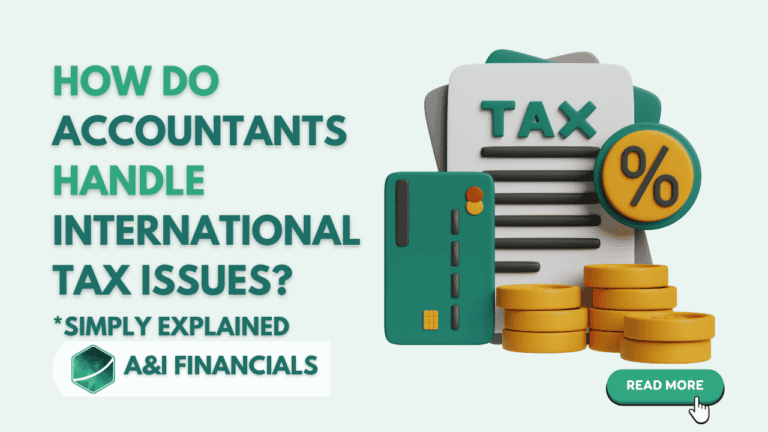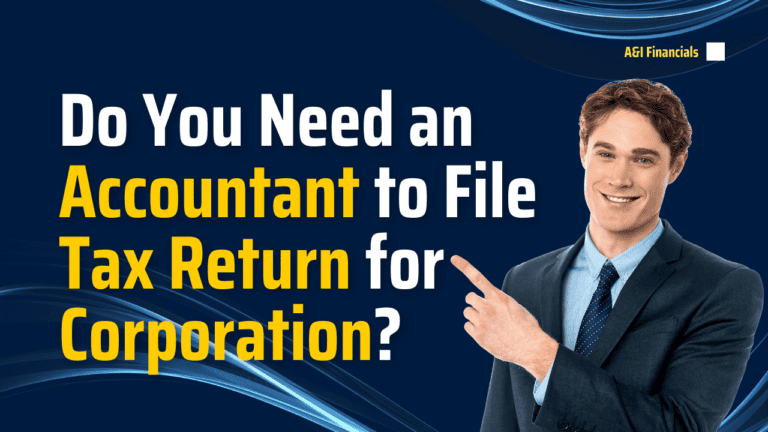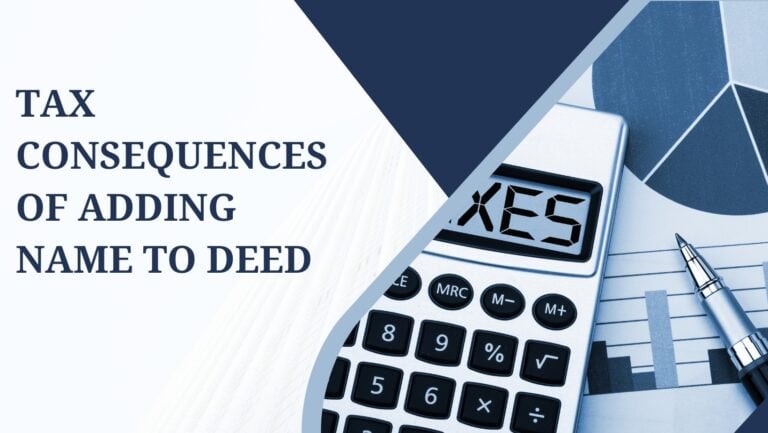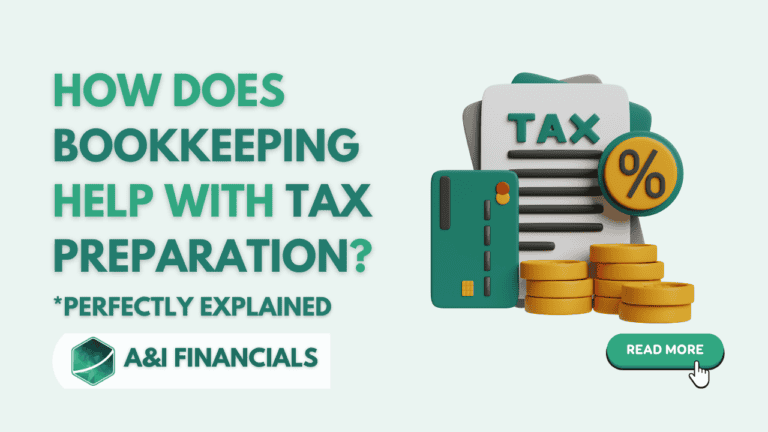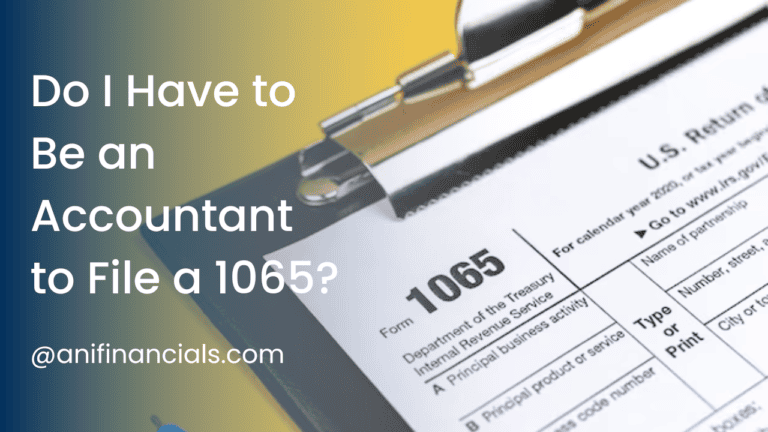What is the Tax Amortization Benefit?
In the labyrinth of tax terms and financial jargon, the term “what is tax amortization benefit?” stands out as a beacon of opportunity for savvy investors and business owners. This concept, though shrouded in complexity, can unlock significant financial advantages when understood and applied correctly. Let’s embark on a journey to demystify this concept, explore its implications, and see how it can influence your financial landscape.
Understanding the Basics
At its core, the tax amortization benefit (TAB) refers to the tax deductions that businesses can claim due to the amortization of intangible assets. But wait, let’s not get lost in the jargon just yet. Imagine you’ve just acquired a golden key—a patent for a groundbreaking invention. This patent, an intangible asset, slowly loses its exclusivity over time. The IRS acknowledges this gradual loss in value, allowing businesses to spread this loss over several years, reducing taxable income. In essence, TAB is your financial incentive for owning intangible assets, easing your tax burden as these assets age.

The Mechanics of TAB
To truly grasp the tax amortization benefit, let’s dive into its mechanics. The process involves several steps, each a critical part of the overarching strategy to maximize tax savings:
- Identification of Intangible Assets: The first step is recognizing what qualifies as an intangible asset. This could range from patents and trademarks to goodwill and software.
- Amortization Schedule: Next, a mathematical function determines the amortization schedule. This schedule dictates how the cost of the intangible asset is expensed over its useful life, typically resulting in a tax deduction each year.
- Tax Deduction Claim: With each year that passes, you claim a deduction for the amortization of the intangible asset, directly reducing your taxable income.
- Future Tax Savings: The culmination of these annual deductions results in future tax savings, effectively lowering your overall tax liability over time.
Why Does TAB Matter?
So, why should you care about the tax amortization benefit? Here’s the kicker: TAB directly impacts your bottom line. By effectively utilizing TAB, you’re not just adhering to tax legislation; you’re strategically positioning your business for improved financial health. Here’s how:
- Income Tax Savings: The immediate benefit is the reduction in taxable income, leading to tangible income tax savings resulting from the amortization of intangible assets.
- Enhanced Cash Flow: Lower tax liabilities mean more cash in hand. This increased liquidity can fuel further investments, operational improvements, or debt reduction.
- Strategic Financial Planning: Understanding and anticipating the impact of TAB on your finances allows for more accurate budgeting and financial forecasting.
Real-World Implications
Consider a tech startup that acquires a software company, including its valuable patents. The amortisation of these intangible assets can significantly reduce the startup’s taxable income, translating into substantial tax savings over several years. This strategic move not only bolsters the startup’s financial standing but also enhances its competitive edge in the market.
Navigating the Tax Landscape
It’s crucial to navigate the tax landscape with precision and expertise. Tax legislation varies by jurisdiction and is subject to change, making it essential to stay informed and compliant. Moreover, the mathematical function used to calculate amortization can be complex, requiring a nuanced understanding of tax codes and financial principles.

How We Can Help
Embarking on the journey to harness the tax amortization benefit can feel daunting. But fear not, for you’re not alone. Our team specializes in unlocking the full potential of TAB for businesses like yours. From identifying eligible intangible assets to crafting a strategic amortization schedule, we’re here to ensure that you reap the maximum tax advantages.
Our services include:
- Comprehensive assessment of intangible assets
- Tailored amortization strategies to maximize tax benefits
- Ongoing support to adapt to tax legislation changes
- Expert advice to integrate TAB into your overall financial planning
In conclusion, understanding “what is tax amortization benefit” is more than a matter of tax compliance—it’s a strategic advantage that can significantly impact your financial trajectory. Whether it’s leveraging the present value of income through smart tax planning or ensuring future tax savings through the amortisation of intangible assets, the opportunities are vast. Embrace the complexity, and let the tax amortization benefit be a cornerstone of your financial strategy. With our expert guidance, you can navigate the nuances of TAB, ensuring that your business not only survives but thrives in the competitive corporate landscape.
FAQS
The tax amortization benefit (TAB) is a tax deduction that businesses can claim due to the amortization of intangible assets. This allows companies to reduce their taxable income over the useful life of intangible assets such as patents, copyrights, and trademarks, thereby lowering their tax liabilities.
TAB works by spreading the cost of an intangible asset over its useful life, as determined by tax legislation. Each year, a portion of the asset’s cost is deducted from the company’s taxable income, acting as a tax deduction. This process continues annually until the full cost of the asset has been amortized.
Types of intangible assets that typically qualify for TAB include patents, copyrights, trademarks, customer lists, software, and goodwill. The specific assets eligible can vary depending on the tax legislation of the country in which your business operates.
Tax amortization benefits directly impact financial planning by reducing taxable income and thereby increasing the present value of future tax savings. This can improve a company’s cash flow and liquidity, allowing for better budgeting, investment in growth opportunities, and strategic financial decision-making.
Not all businesses can claim TAB. Eligibility depends on owning intangible assets that are recognized for tax purposes and meet the criteria set forth in relevant tax legislation. Additionally, the business must correctly calculate and apply the amortization deductions according to the legal requirements. Consulting with a tax professional is advised to ensure compliance and optimize tax savings.

